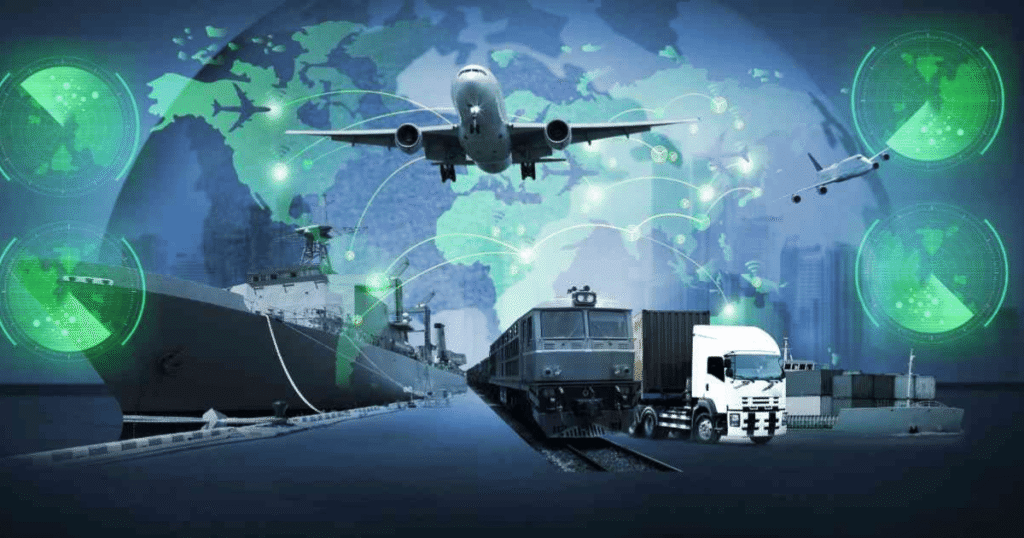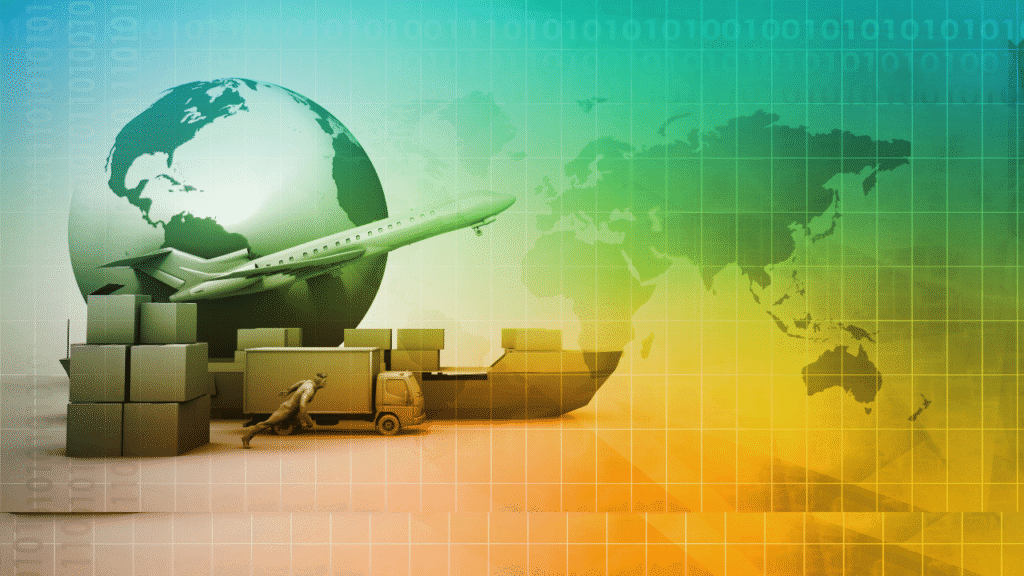What is Advanced Logistics Solutions?
Indeed, an efficient logistics management system seems to be the essential today than at any other time in recent history. It has been so because all types of businesses-from start-up companies to multinational retailers-have been investing in the new-wave logistics solutions with the eagerness to improve productivity while reducing cost to keep pace with speed, enhance efficiency, and meet greater customer expectations. Technologies and strategies applied along the entire supply chain so that goods delivery can be optimized in their movement, storage, and flow, ensuring timely and efficient delivery to customers. Transform your operations with our Advanced Logistics Solutions. Streamline processes, improve delivery times, and boost customer satisfaction with our expert services. solutions.
Emergence of Advanced Logistics Solutions
Historically, logistics was treated only as a back-end function for storing and transporting cargo. But this has changed a lot in the years to come.
- Strategic Importance: Logistics impacts the extent to which business objectives are realized, creates customer satisfaction, and attains a comparative advantage.
- Integration with Technology: Logistics became a dynamic, responsive entity of business operations through integration into modern technologies.
- Globalization: With globalization coming into play, all efficient logistics networks will face the challenge of effectively tackling this complex supply chain and market.
Key Component of Advanced Logistics Solutions
Automation and Robotics
- Warehouse Automation: A Range of automated guided vehicles, robotic arms, and conveyor systems are being used to improve efficiency with precision in warehouses.
- Order Fulfillment: The automation of order picking and packing processes minimizes human error and labor costs.
Artificial Intelligence and Machine Learning
- Predictive Analytics: It helps in analyzing historical data in order to establish demand predictions, optimize inventory levels, and foresee possible disruptions.
- Route Optimization: In order to save time and fuel costs, the best delivery route is determined by the AI algorithm.
Internet of Things
- Real-Time Tracking: One can perform real-time checks using the existing IoT devices to locate goods in transit and check up on their condition.
- Asset Management: These sensors also help monitor equipment performance to enable preventive maintenance with the aim of reducing downtimes.
Cloud Computing
- Data accessibility: Cloud-supported live data on logistics, available to all stakeholders from any place and anytime, is collaborative for decision-making.
- Scalability: Cloud solutions can scale up and down very quickly according to growth trends and pull on demand.
- Blockchain Technology: The trust among supply chain partners has increased through safety measures and accountability of transactions that transparency provides.
- Traceability: It would also make end-to-end traceability of products an essential requirement for quality control as well as compliance.
Benefits of Implementing Advanced Logistics Solutions
Improve processes:
- Streamlining processes reduces manual intervention for faster, accurate operations.
- Automation reduces errors for improved productivity.
Cost Minimization:
- Optimized routes and relatively lower inventory levels tend to bring down transportation and storage costs.
- Predictive maintenance curtails the expenses incurred in repairing equipment.
Enhancement of Customer Satisfaction:
- Real-time tracking and rapid delivery contribute to elevating the customer experience.
- Accuracy in order fulfillment nurtures customer confidence and loyalty.
Scalability and Flexibility:
- Advanced systems can be modified to accommodate fluctuations in the market and growth of the business.
- They allow for swift alterations depending on disruptions to the supply chain.
Data-Powered Decisions:
Decisions now are based on real-time data access that could have been previously infeasible in improving responsiveness and strategic planning.
Case Studies: The Champions of Advanced Logistics Optimal Dynamics Delivers to Such Industries:
According to Optimal Dynamics-the startup of AI fleet management software-Koch Industries is expected to offer $40 million into it for operational efficiency, matching freight loads, trucks, and routes, up to 24% per week in truck revenue growth. Uber ABC Courier XL for Delivery: Uber launched Courier XL, its logistics service to move large goods to its model line of logistics offerings together with ride hailing.
This is a very clear example of Uber’s firm digression and then launching into a lucrative section of the logistics world.

Barriers to Adoption of New-age Logistics
- Heavy Capital Investment: Heavy investments in capital expenditure on the applications of advanced technologies are a barrier for small and medium enterprises.
- Integration with Existing Systems: New technologies have little resemblance to existing systems, requiring an entire overhaul of the system.
- Data Security Issues: Heightened dependence on their digital systems brings about data breaches and other such threats.
- Skill Gaps: There will never come a time when trained professionals will not be in great demand as their specific skills are required to operate the sophisticated logistics systems.
Future Trends in Logistics
- Sustainable Logistics: Green transport modes and packaging materials will decrease the carbon footprint.
- Driverless Vehicles and Drones: To optimize last-mile delivery, driverless trucks and delivery drones will be adopted.
- Digital Twins: Creates a virtual twin that simulates and optimizes supply chain operations.
- Collaborative Robotics: Use robots to perform tasks alongside humans in warehouse operations.
- Advanced Analytics: Big data covers customer behavior, capturing dynamics of real time from supply chains.
Conclusion About Advanced Logistics Solutions
The world has moved to a stage where advanced logistics solutions are no longer an option but a must for businesses to win in the existing competition. Implementation of technologies, IoT, and automation is a stride for those types of companies toward more efficiency and lower cost, and to better please customers. However, even though there are concerns about advanced logistics solutions, their long-term benefit outweighs the short-term problems. Indeed, much will depend on what newer technology comes to bear for the great successes in the future in this industry.



